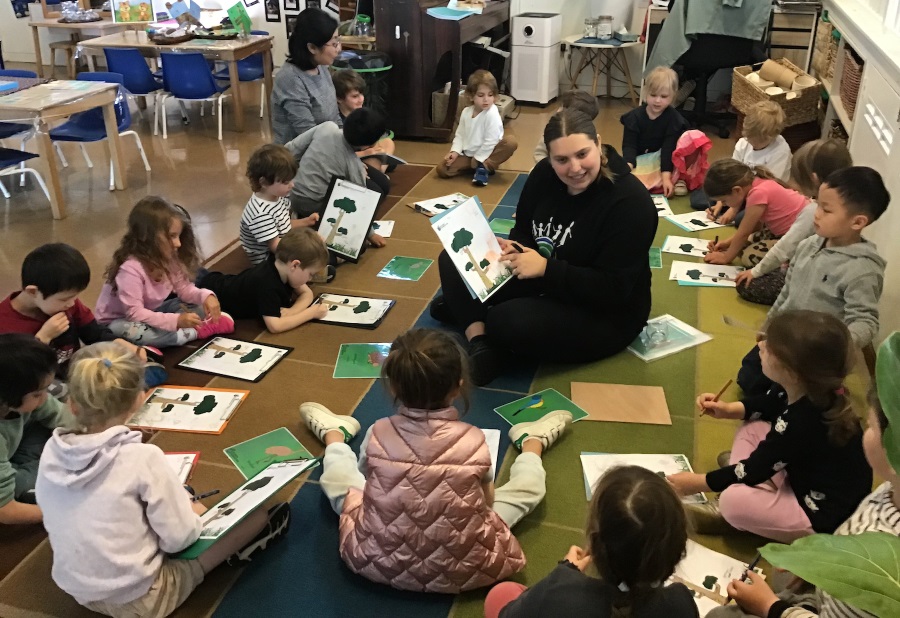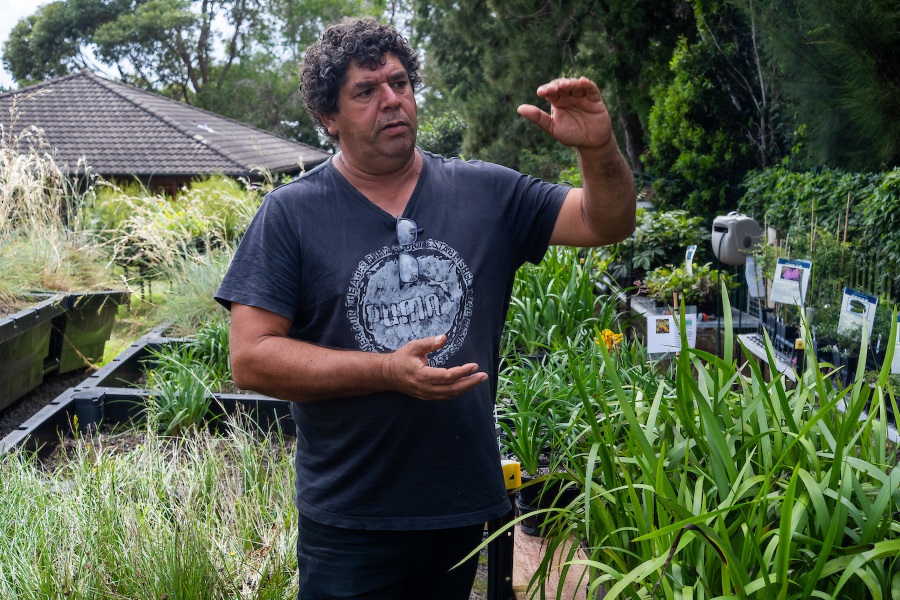Reconciliation Week
National Reconciliation Week is held annually from 27 May - 3 June
National Reconciliation Week - which runs from 27 May to 3 June every year - is a time for all Australians to learn about our shared histories, cultures, and achievements, and to explore how each of us can contribute to achieving reconciliation in Australia.
National Reconciliation Week coincides with two significant dates in Australia's history:
- 27 May - marks the anniversary of the 1967 Referendum which chose to remove clauses in the Australian Constitution which discriminated against Aboriginal people.
- 3 June - marks the anniversary of the High Court of Australia's judgement in the Mabo case, which legally recognised that Indigenous people had a special relationship to the land.
Both of these important historic dates are not only the reason we have the opportunity to celebrate reconciliation but were massive moments in history where many First Nations people had campaigned tirelessly to advance the rights of the people who have inhabited this land for hundreds of thousands of generations.
Each year National Reconciliation Week celebrates the rich culture and history of the First Australians. It is the ideal time for everyone to join the reconciliation conversation and to think about how we can help turn around the disadvantage experienced by many Aboriginal and Torres Strait Islander people.
Learn about the Dharawal language with the Gujaga Foundation and the Gujaga App
Did you know the word "Naggangbi" means “Hello” in the Dharawal language (the language spoken by the traditional owners of Coastal Sydney)?
Discover more about our local Aboriginal culture by downloading the Gujaga App.
We have been offering Dharawal language classes at Woollahra Preschool, to give children the opportunity to learn the Dharawal language and their feedback and enthusiasm has been fantastic.

Dharawal language classes at Woollahra Preschool
Bush Tucker Walks
Don’t forget to come along to one of our Bush Tucker Walks during the warmer months hosted by Dharawal man and expert horticulturalist Terry Lennis. Please note: Bush Tucker walks are not taking place currently due to the development and works at Nielson Park.
Our visit to IndigiGrow
Council staff and Bushcare volunteers headed out to IndigiGrow in La Perouse to hear about their work.
Indigigrow is a social enterprise that sustains Indigenous people and culture through the propagation of native plants, including bush foods and endangered Eastern Suburbs Banksia Scrub. The idea is to give local Aboriginal people employment and education opportunities; preserve traditional knowledge; and promote sustainability and biodiversity.
It’s great for us as a Council, because we can source native plants for our parks and reserves from an organisation that cares about the area, its history and its people. They also run a retail nursery, and it’s a great place to get your own plants.
"Everyone has a role in preserving endemic species," says founder Peter Cooley. "That might be as simple as planting a native plant in your garden or on your balcony."

IndigiGrow Founder, Pete Cooley
Woollahra Aboriginal Heritage Study and our Reconciliation Action Plan
As part of ongoing commitment to reconciliation we’re have been working with Reconciliation Australia on a Reconciliation Action Plan (RAP) for Council. We adopted the Woollahra Aboriginal Heritage Study in consultation with the La Perouse Local Aboriginal Land Council, last year.
The final Reflect Reconciliation Plan is now available. Read the plan here(PDF, 3MB).
The next step in Council's reconciliation journey is the development of the Innovate RAP, which outlines actions for achieving Council's vision for reconciliation.
Innovate RAP commitments will allow Council to gain a deeper understanding of our sphere of influence, and establish the best approaches to advance reconciliation. An Innovate RAP focuses on strengthening relationships with Aboriginal and Torres Strait Islander people and piloting strategies for further reconciliation commitments and to empower Aboriginal and Torres Strait Islander people.
Council has commenced discussions with our cultural partners, the La Perouse LALC and the Gujaga Foundation to develop the new Innovate RAP.
Recommended Reading
Our library team have put together a Reconciliation Week-themed collection of books and e-books that are available to borrow from our eCollection or off the shelf.
Have a browse here.
Welcome to Country
Ray Ingrey, Chairperson of the Gujaga Foundation, explains the significance of Welcome to Country and showcases a traditional Aboriginal dance performed by the Gamay Dancers.
Ongoing journey
Reconciliation is an ongoing journey that reminds us that while generations of Australians have fought hard for meaningful changes, future gains are likely to take just as much, if not more, effort
What does change look like to you? And what can you do to help make it happen?
Woollahra Council acknowledges that the first people of this area are the Aboriginal people of the Eora Nation. Council is committed to working together with all members of the community to support reconciliation and encourage acceptance and respect for a diverse range of cultures.
Enquiries
For more information, please contact:
Telephone: 9391 7000
Email: community@woollahra.nsw.gov.au